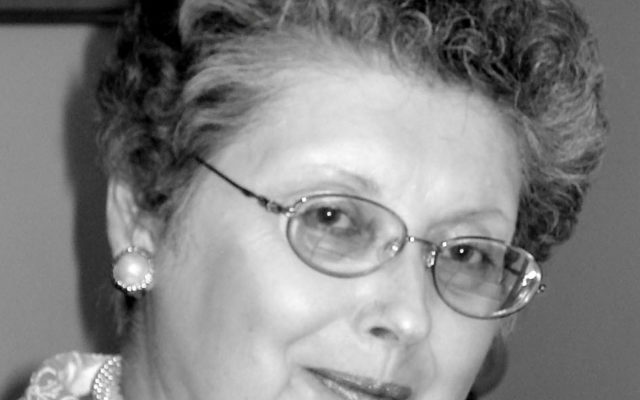
Family Searcher — ‘Do unto others’ in family research
In my last column, I discussed the difficulties that can arise when a genealogist must make an ethical decision whether to reveal material that might embarrass or hurt someone else.
I promised I would share my list of “thou shalt nots” for genealogists. Mind you, this is the ethical code I try to live up to. You may have other things you tell yourself not to do but here’s my list.
– Don’t list the name or information of any living person online, in a tree you share with others, or in a genealogical report without the express permission of living individuals. It’s always best to use the generic ‘living” or to simply state a couple had children and how many are still alive.
– Don’t disseminate any information you have pledged to keep secret unless the person who gave the information to you is no longer living and you are released from the secrecy pledge.
– Don’t copy any published material without a citation. Don’t publish it or put it online without specific permission of the author. Always identify where the material came from. To do otherwise is a violation of the copyright laws and applies to unpublished as well as published works.
– Don’t allow another genealogist to wander down the primrose path of error following the wrong line or family without at least letting him/her know they are in error. That doesn’t mean you must give them all your hard work, though most genealogists love to share, but that you won’t deliberately allow someone to waste time and effort on the wrong line when a word from you could set them straight.
– Don’t leave a bad taste in the mouth of the people who help genealogists and therefore ruin things for your fellow researchers. This means don’t create scenes in town clerk offices, don’t walk off with a document from an archive, don’t break the rules and, above all, thank people who try to help you. In other words, treat people right and mind your manners.
– Never place a living person’s photo online or in a book or anywhere else without their permission unless it was taken at a public event, and even then be careful, especially with young children.
– Finally, never forget those who have helped you in your genealogical journey and do likewise by helping others.
Now you know Nancy’s “shalt not” list. Let me know yours and if you’re willing, and only if you’re willing, I’ll share any others I may have missed. And my final genealogical rule is that I will always try to approach genealogy with the question: how would I feel if someone did this to me? If the answer is hurt, disappointed or angry, then I try not to do whatever it is and I would advise you to do the same.
Nancy Battick is a Dover-Foxcroft native who has researched genealogy for over 30 years. She is past president of the Maine Genealogical Society, author of several genealogical articles and co-transcribed the Vital Records of Dover-Foxcroft. Nancy holds a MA in History from UM and lives in DF with her husband, Jack, another avid genealogist. You can contact Nancy at nbattick@roadrunner.com.